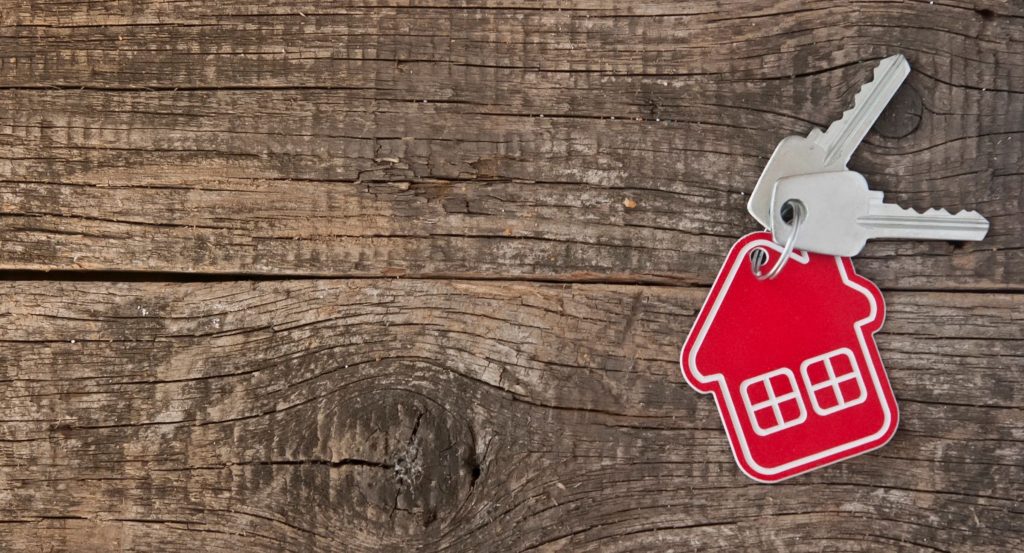
What is Title Insurance?
Title insurance is an insurance policy or contract issued by a title company to protect the purchaser, owner or lender against a loss that may arise by reason of a defect in the ownership or interest in real property. In addition, title insurance companies agree to defend an owner or lender in court if there is an attack on the title of an insured property.
Title insurance is different from other types of insurance in that it protects you, the insured, from any loss that may occur from matters or defects in the past that affect your property. Other types of insurance (such as auto insurance, life insurance or health insurance) cover you against losses that may occur in the future. Title insurance does not protect against a defect that may originate after your closing.
There are two basic types of title insurance policies: Owner’s Title Insurance and Mortgagee’s Title Insurance.
An owner’s title insurance policy protects the owner’s interest as the buyer or owner of the property. As an owner, you want to have the same assurance as the lender that the investment you have made cannot be lost because of a problem or defect with the title. Since most property owners mortgage or borrow money at the time of purchase or during ownership, the lender can be expected to request protection of its investment against loss. Lenders know that many things can cause loss of title or that expenses are incurred while defending an attack; they insist upon a mortgage title insurance policy to protect their loan secured by the property.
Bottom Line. Why?
Errors in public records
To err is human, but when it affects your homeownership rights, those mistakes can be devastating. Clerical or filing errors could affect the deed or survey of your property and cause undo financial strain in order to resolve them.
Unknown liens
Prior owners of your property may not have been meticulous bookkeepers — or bill payers. And even though the former debt is not your own, banks or other financing companies can place liens on your property for unpaid debts even after you have closed on the sale. This is an especially worrisome issue with distressed properties.
Illegal deeds
While the chain of title on your property may appear perfectly sound, it’s possible that a prior deed was made by an undocumented immigrant, a minor, a person of unsound mind, or one who is reported single but in actuality married. These instances may affect the enforceability of prior deeds, affecting prior (and possibly present) ownership.
Missing heirs
When a person dies, the ownership of his home may fall to his heirs, or those namedwithin his will. However, those heirs are sometimes missing or unknown at the time of death. Other times, family members may contest the will for their own property rights. These scenarios — which can happen long after you have purchased the property — could affect your rights to the property.
Forgeries
Unfortunately, we don’t live in a completely honest world. Sometimes forged or fabricated documents that affect property ownership are filed within public records, obscuring the rightful ownership of the property. Once these forgeries come to light, your rights to your home may be in jeopardy.
Undiscovered encumbrances
When it comes to owning a home, three can be a crowd. At the time of purchase, you may not know that a third party holds a claim to all or part of your property — due to a former mortgage or lien, or non-financial claims, like restrictions or covenants limiting the use of your property.
Unknown easements
You may own your new home and its surrounding land, but an unknown easement may prohibit you from using it as you’d like, or could allow government agencies, businesses, or other parties to access all or portions of your property. While usually non-financial issues, easements can still affect your right to enjoy your property.
Boundary/survey disputes
You may have seen several surveys of your property prior to purchasing, however, other surveys may exist that show differing boundaries. Therefore, a neighbor or other party may be able to claim ownership to a portion of your property.
Undiscovered will
When a property owner dies with no apparent will or heir, the state may sell his or her assets, including the home. When you purchase such a home, you assume your rights as owner. However, even years later, the deceased owner’s will may come to light and your rights to the property may be seriously jeopardized.
False impersonation of previous owner
Common and similar names can make it possible to falsely “impersonate” a property owner. If you purchase a home that was once sold by a false owner, you can risk losing your legal claim to the property.

 See Our National Coverage Map
See Our National Coverage Map







